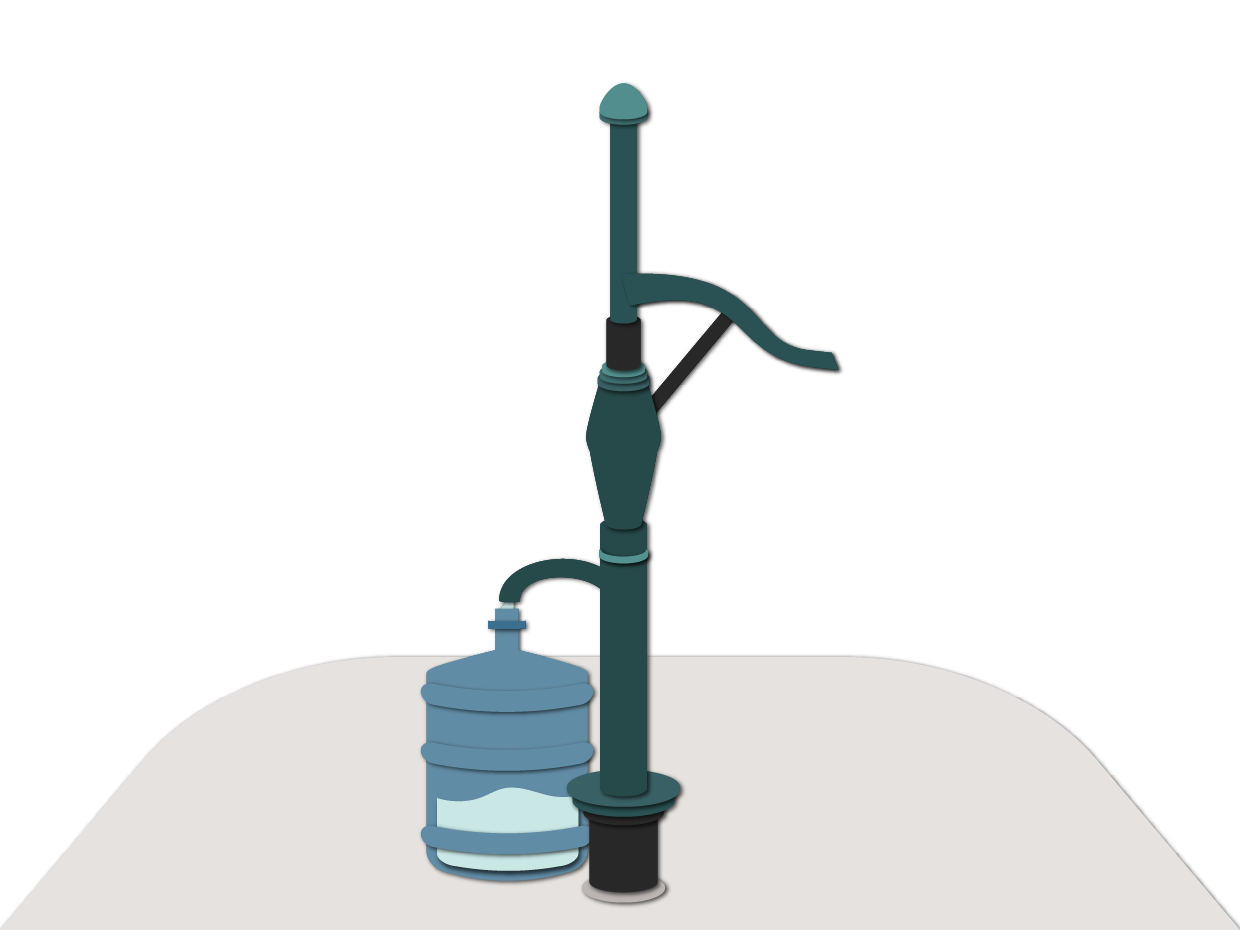On this page you’ll find
Making a budget is one of the best financial habits you can start, at any age. It will offer a clearer picture of how you manage your money and help you make the financial decisions that are right for you.
A budget can help you:
- keep track of your income and expenses
- stay on top of your monthly bills
- be prepared for unexpected expenses
- avoid overspending
- figure out how much you need to save to meet your financial goals.
To create a budget, you’ll first need to know (or estimate) your income and expenses for the month. Your income may come from multiple sources, or it may fluctuate.
If you’re self-employed, a seasonal or part-time worker, or paid by commission, try these budgeting tips.
If you’re not sure how much to budget for different expenses, create a practice budget for a month and check if it is realistic. You may need to make adjustments. Or, you can take a month or two to simply track your expenses and then decide how much to budget for each one.
To make your budget you can use pen and paper, an app, or a spreadsheet. The best method to choose is the one you’re most likely to stick with.
Follow these steps to create a budget that works for you.
5 steps to making a budget
1. Add up your after-tax income– This is the amount of money you have to work with every month. Make sure to include income from all sources – employment, government benefits, investment income, commissions or bonuses, and so forth.
2. Prioritize your fixed monthly expenses – These expenses tend to stay the same (or close to the same) from month to month and are likely the things you need to maintain day-to-day living. They include bills such as your rent or mortgage, cell phone, cable, Internet, utilities and fixed loan repayments.
3. Plan for variable expenses – These are expenses that can change from month to month. They include things like gas, groceries, meals out and entertainment expenses. Some may be necessary, others you might be able to reduce if you have to.
4. Plan for occasional expenses – These are expenses that come up from time to time, such as clothing, gifts and vacations. You can create a financial buffer for special events or financial emergencies. Learn more about planning for occasional expenses.
5. Contribute to your savings – Money leftover after paying your bills can be put towards savings. Consider short-term savings goals such as an emergency fund, as well as longer-term savings goals such as retirement planning.
Review each month and adjust
Your budget may not balance the first time you try it. If this happens, look for places where you can spend less and make changes where you can. It can be revised and adjusted as often as needed.
Make saving automatic
If you find you have some money left over in your budget after you have paid the bills, this is an opportunity to set some goals. You could use the surplus to add to your savings. The more you save, the sooner you’ll reach your goals.
Make it part of your budget by paying yourself first. Set up automatic transfers to your savings account at the same time as your pay cheque gets deposited. When you make it automatic, it’s easier to save.
Balancing your budget
As you continue to use a budget, you’ll be able to look back on past months or years and better predict upcoming changes in your spending habits. You may also experience life changes like moving, changing jobs, or having children, that will affect your expenses and income. Your budget is a tool that can help you to plan and adapt along the way.
TAKE ACTION
Use our budget worksheet to create your budget.
